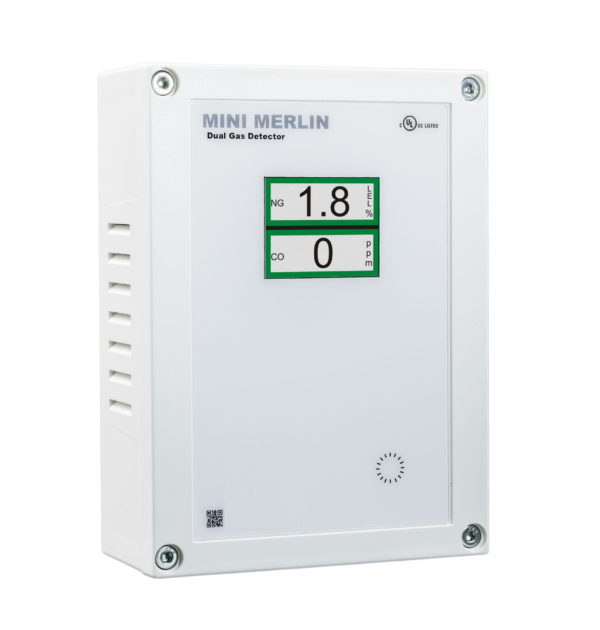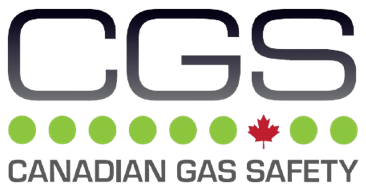In the realm of gas safety, carbon monoxide (CO) represents a substantial threat, especially in settings with combustion equipment such as boilers. As a silent and odorless gas, CO can be fatal if undetected, making robust safety measures essential. Understanding and adhering to carbon monoxide interlock requirements is crucial for protecting lives and property. This blog explores the specific code requirements in Florida, Georgia, and Texas and highlights how Canadian Gas Safety’s Mini Merlin CO Interlock provides a comprehensive solution for enhanced safety.
Understanding Carbon Monoxide:
Carbon monoxide is a byproduct of incomplete combustion of carbon-based fuels like natural gas, propane, or oil. Common sources include boilers, furnaces, water heaters, and other combustion equipment used in residential, commercial, and industrial settings. CO is colorless, odorless, and tasteless, making it virtually undetectable without specialized equipment. Exposure to high levels of CO can lead to poisoning, with symptoms ranging from headaches and dizziness to unconsciousness and death.
Code Requirements in Florida, Georgia, and Texas:
Recognizing the dangers posed by carbon monoxide, states like Florida, Georgia, and Texas have implemented stringent code requirements to mitigate risks. These regulations mandate the installation of carbon monoxide detection and interlock systems in facilities with combustion equipment. The interlock system ensures that if elevated CO levels are detected, the fuel supply to the equipment is automatically shut off, preventing further CO emissions and safeguarding occupants.
The Mini Merlin CO Interlock:

Canadian Gas Safety’s Mini Merlin CO Interlock is engineered to meet and exceed the code requirements for carbon monoxide boiler interlocks in Florida, Georgia, Texas, and beyond. This advanced system seamlessly integrates with existing boiler and combustion equipment, offering reliable CO detection and emergency shutdown capabilities. The Mini Merlin CO Interlock employs state-of-the-art sensors to monitor CO levels, triggering an immediate shutdown of the fuel supply or boiler if alarm levels specified by code are detected. This proactive approach ensures swift action to prevent CO buildup and mitigate risks to occupant health and safety.
Conclusion:
In today’s safety-focused environment, compliance with carbon monoxide interlock requirements is essential. With the threat of CO poisoning, states like Florida, Georgia, and Texas have implemented stringent safety regulations that we believe should be adopted nationwide to ensure a safer future for buildings and their occupants. For reliable and compliant CO safety solutions, contact Canadian Gas Safety for further information.
